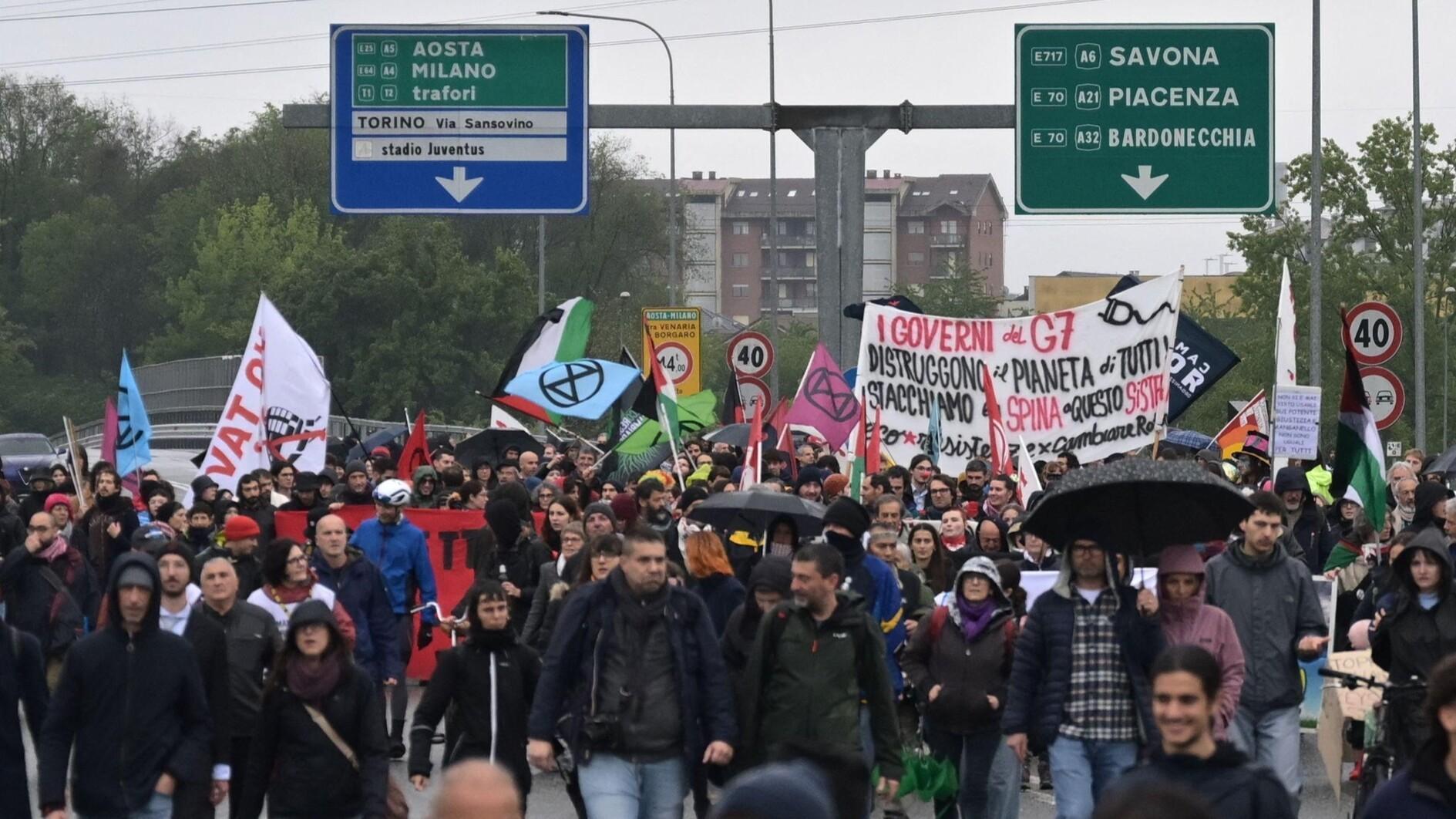The Zero Problems policy is alive and kicking
Some say that the zero problems policy died with the Arab Awakening. They are dead wrong. Think about the way Turkey approaches its neighborhood. Parameters may change, but as long as regional economic integration is important both for Turkey and other regional countries, the policy framework will still be needed. Only when an economic awakening accompanies the political awakening, and people form bonds independent of their governments, will the policy fade away.
In this geography, capitals are the gateways to economic connectivity. In the absence of free, market-based interaction between the citizens of different countries, we need the zero problems policy. In order to trade in this region, you need to be on good terms with capitals. There is no other way of penetrating markets.
The relationship between Israel and Turkey here is the exception that proves the rule. We don’t need the zero problems framework in our relations with Israel because we are the only market-based economies of our region. There simply is no need for further government interaction or permission to foster trade and investment between us. Our government has not been on speaking terms with the Israeli government since the Mavi Marmara incident. That was exactly two years and two days ago. No apologies. Erdoğan is stronger here, Netanyahu is stronger over there. Yet trade and investment relations between Israel and Turkey have been flourishing ever since. Maşaallah, bilateral trade has increased at least 30 percent. And ever since the Syrian conflict has gained heat, the container traffic from Turkey to Jordan has been rerouted from Syria to Israel. According to the figures, the volume of Turkish container traffic from the port of Haifa to the Allenby Bridge in Jordan increased about sevenfold in the first quarter of 2012 when compared to the same period in 2011. This is the market making its decisions, adjusting to political conflicts. We don’t need governments to speak to each other.
The political awakening in the Arab countries however, is not going hand in hand with their economic awakening. Arab citizens full of rage against their rulers have yet to understand the importance of policy reforms in order to be part of the global community. They are yet to understand that private sector activity is supposed to increase prosperity, not steal from the people. Economic transformation in Turkey has taught us that we can get rich and free by being part of the world. We did pay a price with umpteen IMF stabilization packages, but the last one in 2001 was successful and brought rapid structural change. Arab citizens have yet to learn that there is no shortcut to prosperity. The IMF is always there.
We are now in a transition period in which capitals are transforming. New elites will emerge and the economic game will start all over again. Until that time, let’s focus on the possible ways of cooperation despite the tumult of the day. The goal is economic prosperity for all, and Turkey could easily carry that beacon. We need partners for prosperity to take hold in this region. Until the day the economic awakening starts to keep pace with the political awakening, Turkey needs a zero problems framework. Far from dead, the policy is alive and kicking, and it’s more important today than ever before.











